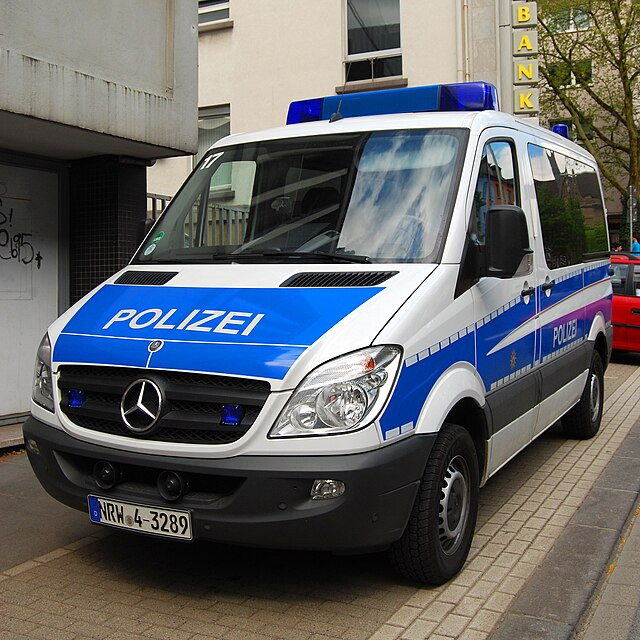A 26-year-old Syrian man has confessed to carrying out a brutal knife attack at a festival in Solingen, Germany, that left three people dead and eight others injured, authorities confirmed on Sunday. The suspect, who had been residing in a refugee home in Solingen, turned himself in to the police late on Saturday, admitting his involvement in the attack, which occurred amid celebrations for the city's 650th anniversary.
The attack, which took place on Friday evening at the Fronhof market square, has sent shockwaves through Germany. The Islamic State (ISIS) quickly claimed responsibility for the violence, stating that the attack was carried out by one of its "soldiers" as an act of revenge for Muslims in Palestine and other regions. However, the militant group provided no evidence to substantiate its claim, and German authorities are still investigating the suspect's potential links to ISIS.
According to local authorities, the suspect's involvement is currently being "intensively investigated." German federal prosecutors have taken over the case, exploring charges of murder, attempted murder, and membership in a foreign terrorist organization. The suspect is expected to make his first appearance before a judge on Sunday.
The identity of the suspect as a Syrian national seeking asylum in Germany has reignited the country's contentious debate over immigration, particularly in the lead-up to regional elections in Saxony and Thuringia, where anti-immigration sentiment has been gaining ground. Friedrich Merz, leader of the opposition center-right CDU party, responded to the incident by calling for an immediate halt to the admission of further refugees from Syria and Afghanistan. "It's enough!" Merz declared in a letter published on his website.
The Solingen attack occurred during the city's "Festival of Diversity," a celebration intended to highlight the multicultural fabric of the community. The festivities were abruptly canceled after the attack, and the central square was cordoned off as police conducted their investigation. The victims of the attack, two men aged 67 and 56 and a 56-year-old woman, were targeted in what authorities describe as deliberate assaults aimed at their throats.
As the city of Solingen mourns the loss, residents have gathered near the site of the attack, creating a makeshift memorial with flowers, candles, and messages of grief. One sign, placed amid the tributes, simply asked, "Warum?"-Why?
The suspect's background as an asylum seeker has added a layer of complexity to the ongoing investigation. Reports indicate that the suspect had arrived in Germany in late 2022 and applied for asylum, a claim that was later denied. He was reportedly scheduled for deportation last year, but the process had not yet been completed.
The attack has also led to the arrest of a 15-year-old boy, who is suspected of having prior knowledge of the planned assault. According to authorities, two female witnesses came forward, stating that they overheard a conversation between the boy and another person discussing an event that closely matched the details of the attack. However, officials emphasized that the teenager was not the perpetrator.
The broader implications of the attack are being felt across Germany, particularly in the context of national security and immigration policy. Germany's Federal Criminal Police Office (BKA) has reported that the country has experienced around a dozen Islamist-motivated attacks since 2000. One of the most notorious incidents occurred in 2016, when a Tunisian national drove a truck into a Christmas market in Berlin, killing 12 people and injuring dozens more.
In light of the Solingen attack, the BKA reiterated that "the risk of jihadist-motivated acts of violence remains high," and that Germany continues to be a direct target of terrorist organizations. This latest tragedy has prompted renewed calls for stricter security measures, including tighter controls on weapons and harsher penalties for violent crimes.
As Germany grapples with the aftermath of the Solingen attack, the nation's leaders are faced with the challenge of addressing both the immediate security concerns and the long-term implications for the country's immigration policies. Chancellor Olaf Scholz has vowed to crack down on criminal activity among asylum seekers, with the recent knife attack serving as a stark reminder of the ongoing threats posed by extremist groups.




